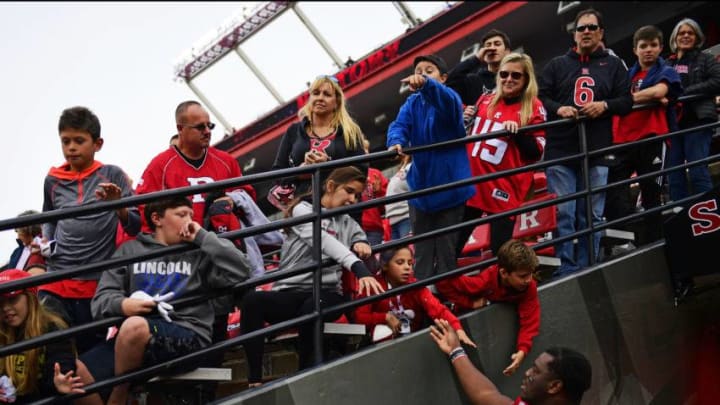
Legalese
According to Rutgers University President Robert Barchi, in an April 24 letter sent to school staff, the institution is facing a $200M shortfall. The campus needs to reopen for classes, and by extension, so does the athletic department, specifically football. This is how the school generates money. But at what cost?
That brings up specific legal as well as NCAA compliance issues.
For example, if the Rutgers campus didn’t reopen (or was delayed) to students for the fall semester, it would be a violation of Title IX to have Greg Schiano’s squad practicing at university facilities while the Women’s soccer team could not.
That scenario also could put the school afoul of the Americans with Disabilities act, in terms of access. Except for Northwestern, all other Big Ten members are public institutions.
According to NCAA rules, it’s technically an improper benefit for athletes to use school facilities, eat school food on campus, get academic help, etc., when the rest of the student population can’t do the same.
If a player, coach, or staff member gets sick because they weren’t able to social distance, could the school get sued? Could the Big Ten or NCAA be sued as co-defendants? Is a situation like that even covered on a liability insurance policy? Lawsuits, yes. Liability insurance, no.
If someone personally objected and chose to continue social distancing, could they lose their job or scholarship?
Commissioner Warren said in his statement:
"“The Big Ten Conference will continue to use this time to work with the appropriate medical experts and institutional leadership to determine next steps relative to the COVID-19 pandemic.”"
While the conference and schools are working with medical professionals, its a good bet they are also consulting with lawyers and insurance companies.
